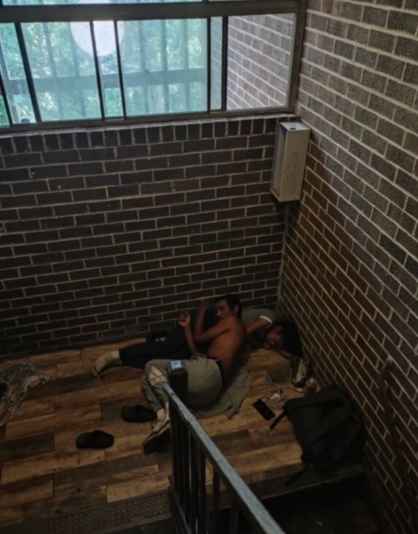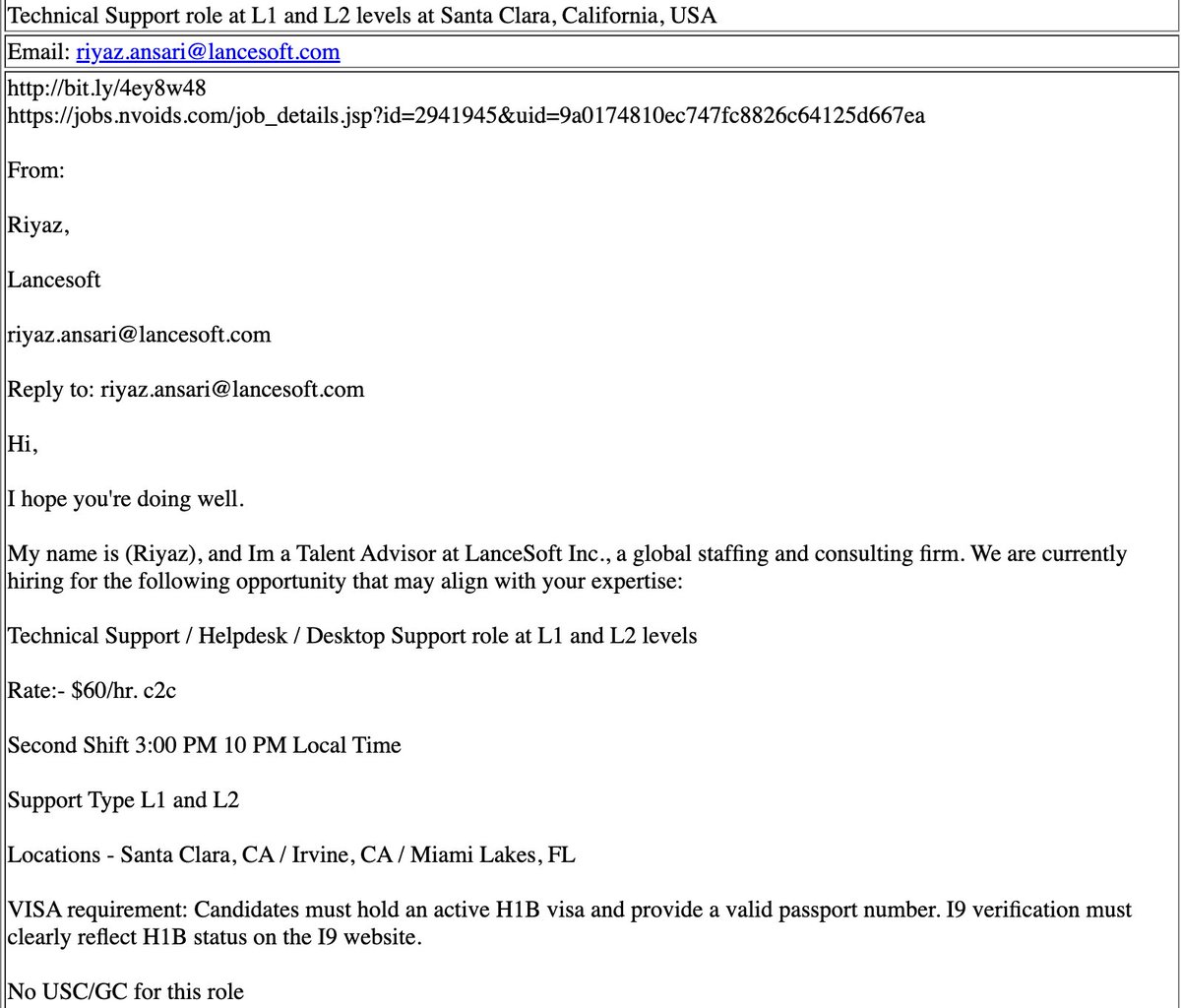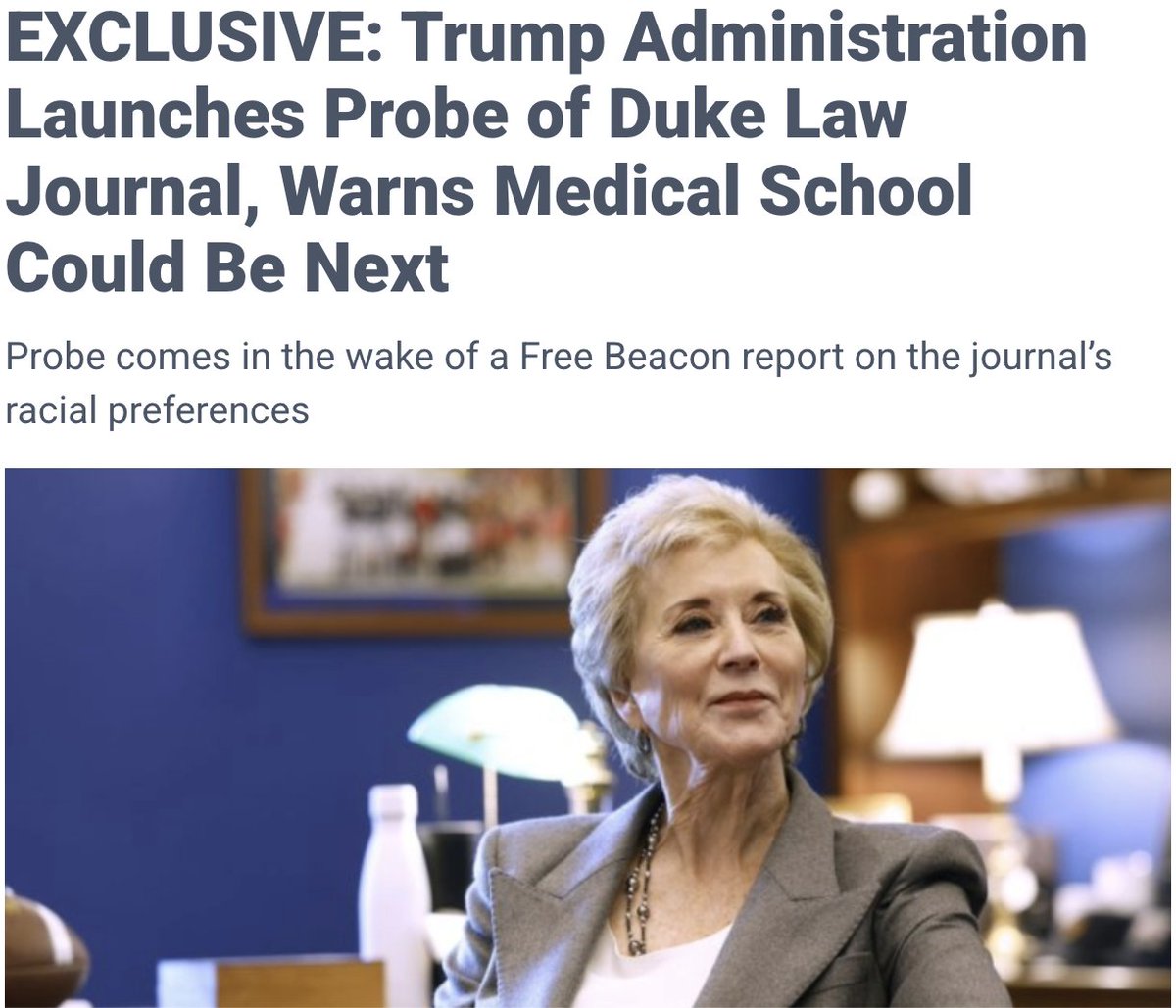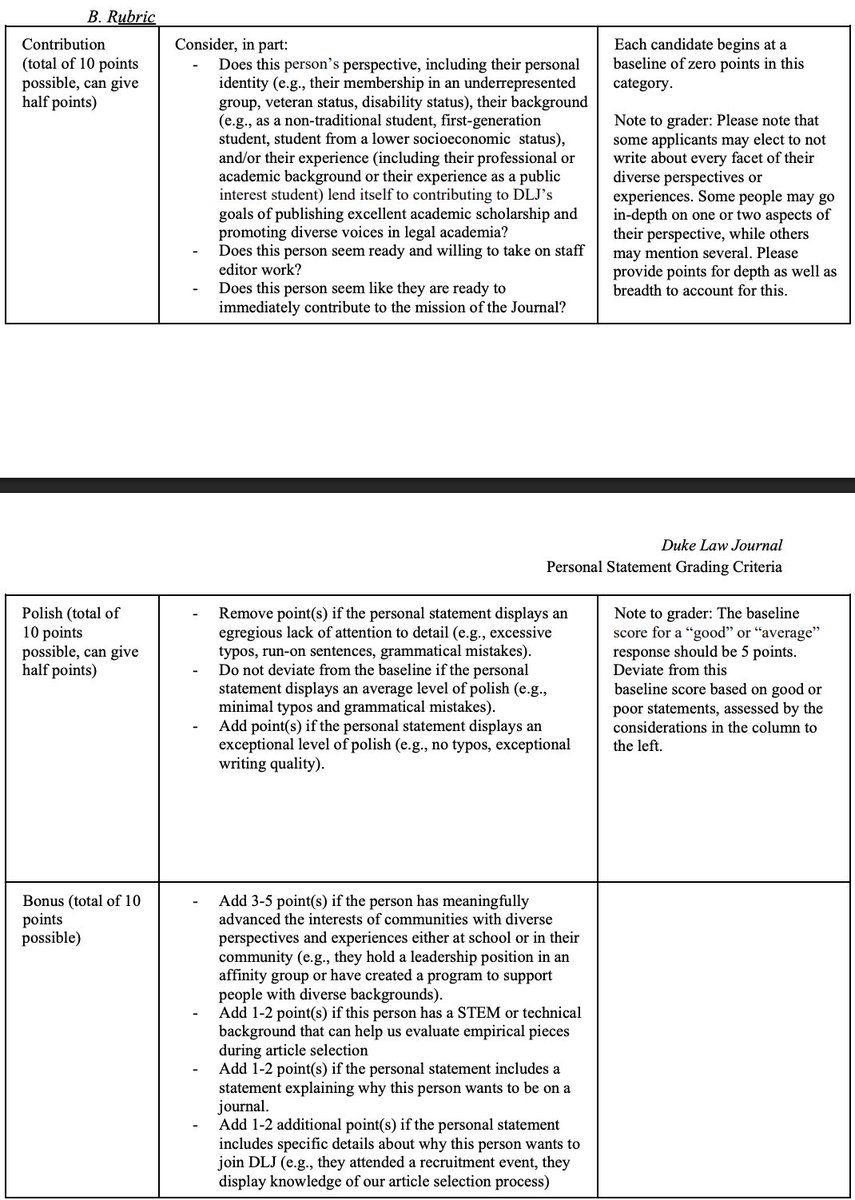NEW: ~40 departments at the University of Illinois Chicago have pledged, in writing, to hire faculty based on race.
One department justified its quotas by claiming that minorities "have a greater sense" of the "nature of teaching."
Here's how UIC is openly flouting the law:🧵
One department justified its quotas by claiming that minorities "have a greater sense" of the "nature of teaching."
Here's how UIC is openly flouting the law:🧵

In September 2022, the Department of Industrial Engineering made a bold promise to UIC's Office of Diversity, Equity, and Engagement: From then on, the department said, 50 percent of all faculty hires would be either women or minorities. 

Citing the need for "culturally relevant pedagogy," the department explained that "minoritized" professors "tend to have a greater sense" of "the human, social, and communal nature of teaching and learning." 

That is why the department was applying to UIC’s Bridge to Faculty program, which funds the recruitment and mentorship of postdoctoral scholars from "underrepresented" groups.
The money would help the engineering program hit its diversity targets, the department wrote in its application, and, by boosting the number of minority faculty, "enable students" to change "oppressive systems, discriminatory practices, and eventually society as a whole." 

The pitch paid off: When UIC announced its fourth cohort of Bridge scholars in 2023, industrial engineering was one of 10 departments chosen to host one.
Other winners included the History Department, which pledged in its application to "hire a Black or Native American scholar of colonial Latin America who specializes in the study of slavery or Indigenous peoples." 

They also included the Department of Urban Planning and Policy, which said it would hire "a scholar with expertise in environmental justice and environmental racism who comes, precisely, from a community of color." 

~40 departments have applied to the Bridge to Faculty program since 2020. In most of those applications, which were obtained via a public records request by the National Association of Scholars, departments say outright that they will use program funding to hire minorities only.
Those written pledges appear to violate federal law.
"It’s illegal for employers to hire or refuse to hire anyone because of their race," said Dan Morenoff, the executive director of the American Civil Rights Project. "UIC looks to be openly flouting its legal obligations."
"It’s illegal for employers to hire or refuse to hire anyone because of their race," said Dan Morenoff, the executive director of the American Civil Rights Project. "UIC looks to be openly flouting its legal obligations."
While the Supreme Court outlawed race-based college admissions just last year, Morenoff added, discrimination in employment, including faculty hiring, has been illegal since 1964.
UIC did not respond to a request for comment.
UIC did not respond to a request for comment.
Now in its fifth year, UIC’s initiative is part of a panoply of pipeline programs that are reshaping faculty hiring across the country. The programs hire postdocs and put them on the fast track to tenure, creating a pipeline, or "bridge," from the postdoc to a faculty position.
Some of these initiatives are officially race-blind but target scholars who research diversity issues. Others, including the one at UIC, are explicitly for "underrepresented" groups.
Money for the postdocs typically comes from the university’s central administration, which solicits applications from each department and doles out a limited number of grants.
That means departments must engage in a kind of DEI one-upmanship in order to secure the funds, touting their diversity goals and explaining what’s been done to achieve them.
The applications from UIC, which span more than 400 pages, offer a window into these competitions. They show how pipeline programs are incentivizing the sort of quotas that have been illegal for six decades.
And they suggest that those quotas and the need to secure funding to meet them are now driving other diversity initiatives, from race-based tenure decisions to activist curricular offerings.
The result is a climate in which DEI permeates every level of university governance. In its application to the Bridges to Faculty program, UIC’s psychology department boasted that it had made "DEI-related activities" a "prominent criterion in promotion and tenure decisions." 

Not to be outdone, the communications department said that the "entirety of its curriculum centers on inequalities generated and reproduced through communication technologies." 

"Communication technology use has long been shaped by the canonical preferences of a hegemonically reinforced White masculinity," the department wrote in its 2023 application. 

By incorporating the "lived experiences of a minoritized scholar," the department "would be better poised to teach students how to develop ways around the dominant habitus." 

Many of the applications argue that faculty diversity is a pedagogical imperative—or, as the Community Health Sciences department put it in 2020, that "students need to have faculty who ‘look like them.’" 

The computer science department, for example, said that an "additional BIPOC/female/nonbinary faculty member" would show "BIPOC/female/nonbinary" students that they could succeed in computing. 

A few applications even argued it was unethical to recruit a diverse student body without a diverse faculty. The history department said a lack of minority professors had made it "impossible and perhaps even immoral to recruit cohorts of underrepresented graduate students." 

The Department of Art History suggested that it was "ethically problematic" for white scholars to teach courses on "Black-Indigenous" art.
A Bridge to Faculty fellow, the department added, "who is a Person of Color, will be a major step towards reconciling these conflicts."
A Bridge to Faculty fellow, the department added, "who is a Person of Color, will be a major step towards reconciling these conflicts."

Postdocs hired through the program are expected to conduct activist scholarship and support DEI. The Math Department, for example, said it was looking to hire "an underrepresented scholar whose work focuses on issues of race and power in undergraduate mathematics education." 

The urban policy department said its postdoc would teach "courses on climate change, environmental racism, and antiracism in planning." 

The Biomedical Engineering Department, which received funding through the program last year, pledged to hire a scholar who would "train the next generation of Biomedical Engineers in DEI principles." 

Tldr: It's not just one or two programs. At the University of Illinois Chicago, race-based hiring is the norm in dozens of departments. And given the paper trail, a Trump DOJ would probably have an easy time prosecuting UIC.
Read the full article here: freebeacon.com/campus/inside-…
Read the full article here: freebeacon.com/campus/inside-…
• • •
Missing some Tweet in this thread? You can try to
force a refresh





















